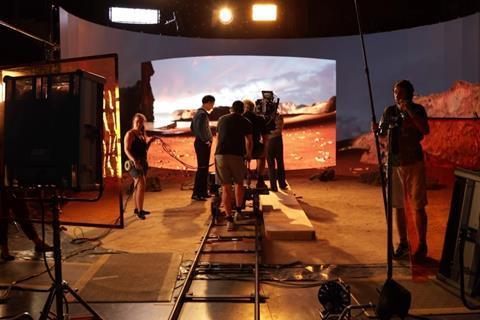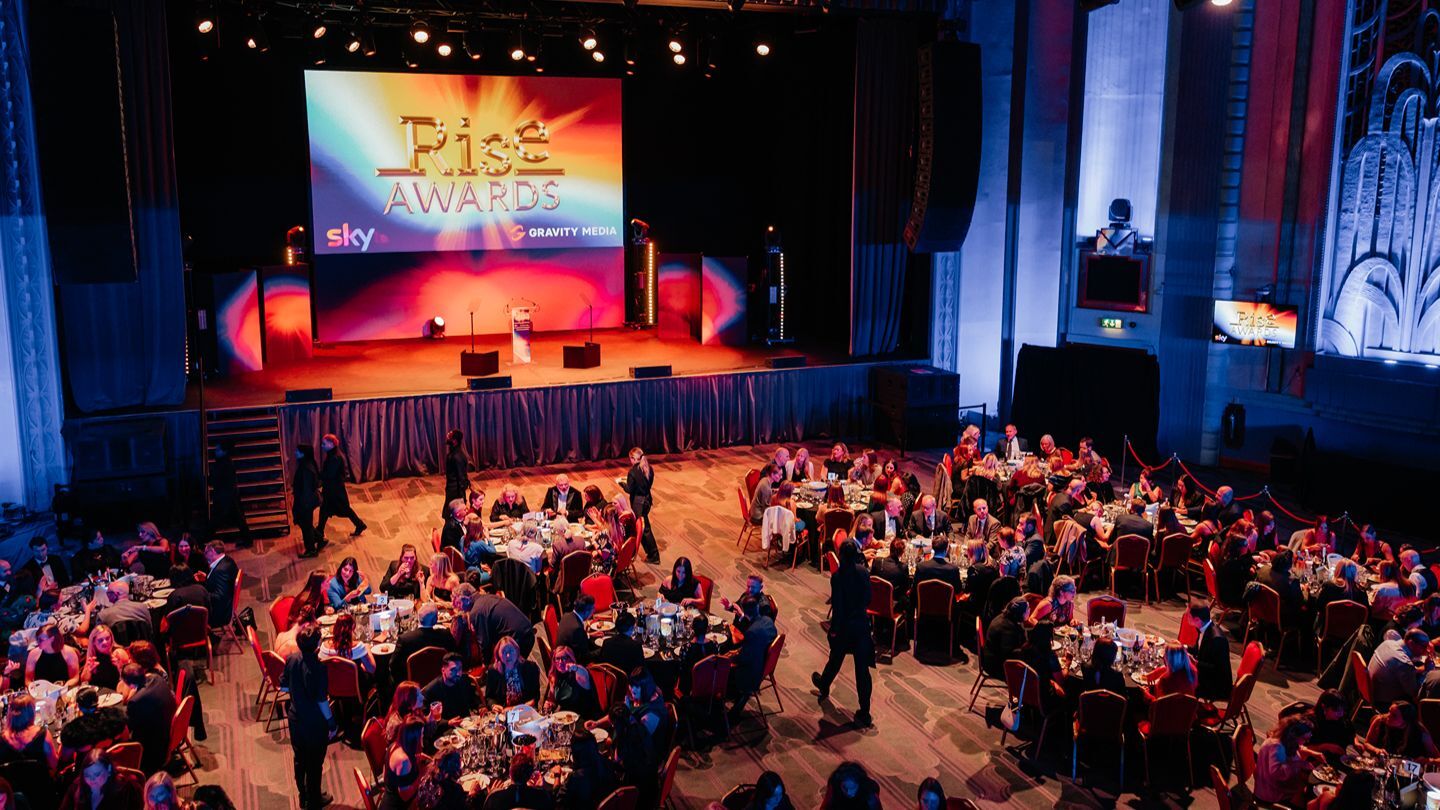ScreenSkills is partnering with the TV Access Project (TAP) to exclusively host training resources for disability inclusion in the UK screen industries, through organisations committing to certain measures to improve standards for deaf, disabled and neurodivergent talent.
Officially launched in August 2022, the TV Access Project (TAP) is an alliance of the UK’s biggest broadcasters and streamers who have pledged to work together to create a substantive and permanent structural shift in current access in the industry.

TAP has produced guidelines for disability inclusion in the UK television production industry called The 5 As: Anticipate, Ask, Assess, Adjust, Advocate. This includes a series of free accessible videos which training organisations can use within their own courses and workshops to highlight best practice.
The TV Access Project is an alliance of 10 of the UK’s biggest broadcasters and streamers who have pledged to work together. The Screenskills partnership aims to reach the shared vision to see full inclusion in the television industry by 2030, where no disabled talent is ever excluded because barriers have been removed and equity created.
Heloise Beaton, Project Lead for the TV Access Project, said of the 5As: “I’ve worked with ScreenSkills in the past to deliver training around disability inclusion in the screen industry and it’s affirming when you’re working with a group who are tackling a new subject, challenging previously held ideas, and leave enthused to put new processes in place.
“Training is also an essential part of our industry, where there is such value in skill sharing and supporting upcoming talent, pulling from our own experiences and expertise.”
The standards reflect a collective responsibility to radically change the culture and practices of the TV industry, and have been drawn up by professionals from across the industry with lived experience and specialist expertise of disability. Members and partners of the TV Access Project have committed to embedding the 5 As across their organisations.
Beaton added: “Accessibility and inclusion shouldn’t be reserved solely for training sessions dedicated to accessibility and inclusion. It permeates every role, skill and department, and is the responsibility of all of us to ensure equity in the screen industries. At The TV Access Project, we want to support trainers to confidently embed conversations about accessibility into their training sessions, and that’s why we have worked with ScreenSkills to develop and launch the 5As training materials.”
The resources are available now to support organisations in advocating for disabled talent.
You are not signed in
Only registered users can comment on this article.

SMPTE, EBU, and ETC research AI’s impact on the media
The Society of Motion Picture and Television Engineers (SMPTE) has teamed up with the European Broadcasting Union (EBU) and the Entertainment Technology Center (ETC) on a new engineering report on artificial intelligence (AI) and its effect on media.

UK film and TV industry backs clean power plan
The UK film and TV industry has agreed on a plan to permanently shift to clean solutions for temporary power on sets.

Nigel Warner to succeed John McVay as CEO of Pact
UK producers' body Pact has named Nigel Warner, UK Policy Consultant to the Motion Picture Association and Special Counsel at Lexington, as its next CEO.

Sky’s Priya Dogra to become Chief Executive of Channel 4
Priya Dogra will become the next Chief Executive of Channel 4. Currently Chief Advertising, Group Data, and New Revenue Officer at Sky, Dogra will succeed interim Jonathan Allan in March 2026.

One Battle After Another, The White Lotus, and Adolescence lead Golden Globe nominees
One Battle After Another, The White Lotus, and Adolescence have emerged as the frontrunning films and TV shows for the 2026 Golden Globes.



.jpg)
.jpg)